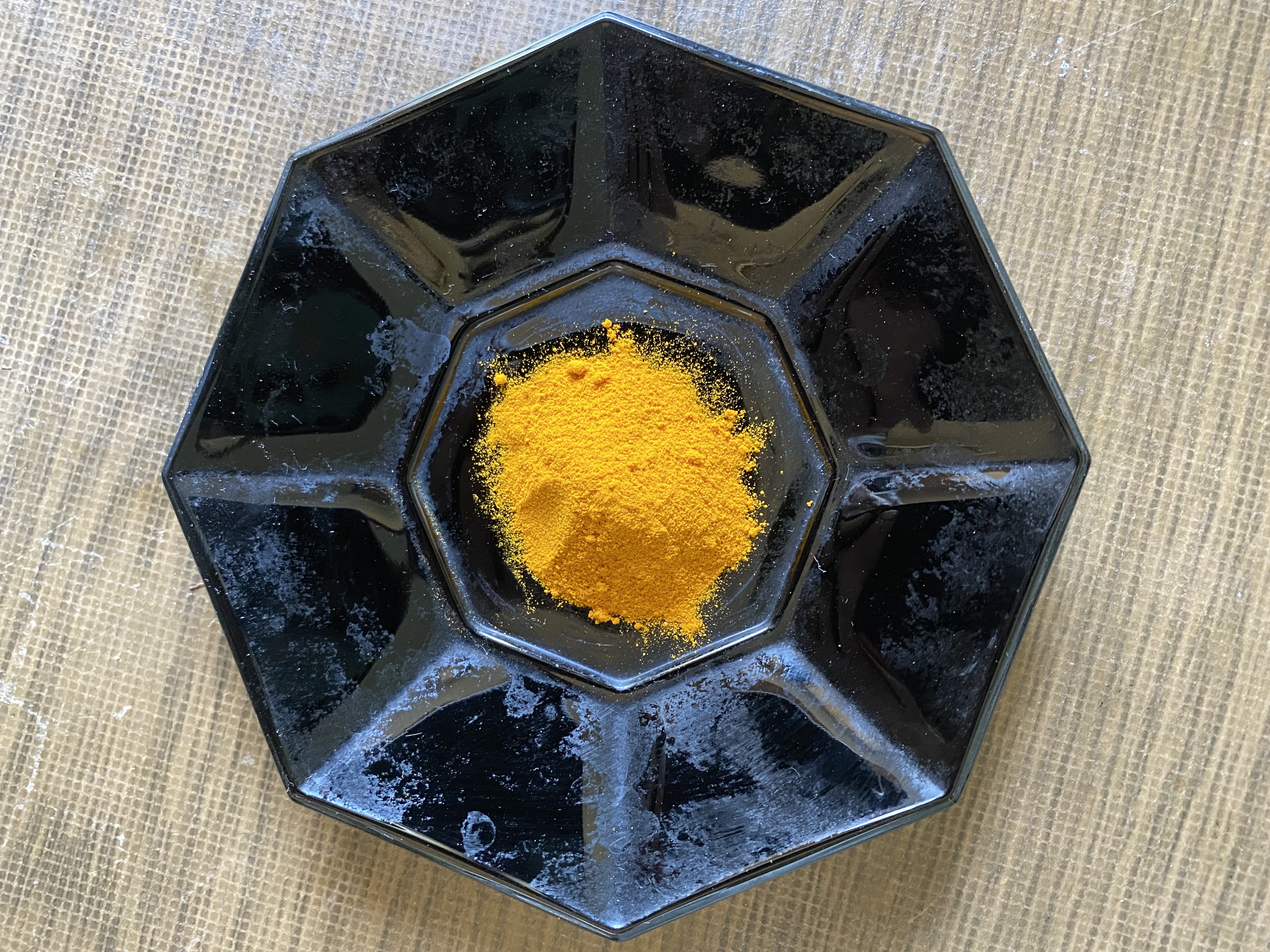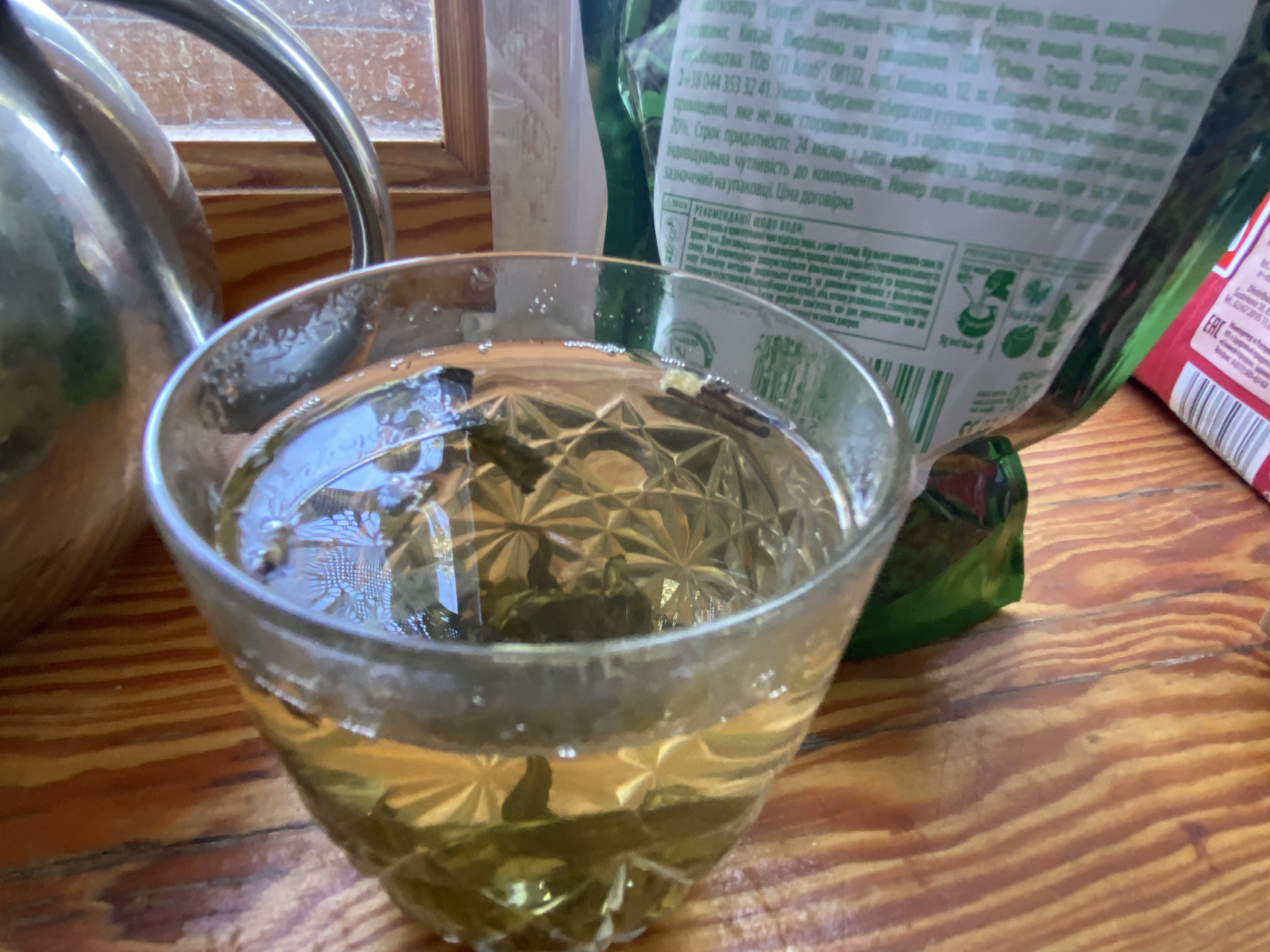
If you at least once eat chocolate or ice cream at the end of a hard day to relieve stress, then you know that there is a subtle connection between your mood and the food you consume. After trying various diets, I know this not by hearsay.
Each element of your diet carries a variety of good or destructive features. We quickly notice physical changes after gorging on a particularly fatty soup or pizza. When we eat a lot of sweet and calorie-dense foods, we are faced with the deterioration of skin condition, tooth decay, obesity, and so on. It is obvious enough, but these are far from all problems. Those who carefully control the state of their health may notice that changes also occur in their mood.
A bad mood isn’t the only indicator of unhealthy eating habits. In recent years, research has increasingly shown that the role of our way of eating is much more complex. Lack of essential nutrients in the body, as well as an irregular and unbalanced diet, can even lead to depression and anxiety disorders.
Chasing depression?
Being interested in healthy eating, I decided to try changing my diet and tracking the effect of different foods on my mood. I made small notes about my physical well-being but did not concentrate on it much. My object of research was purely mental health. The starting point was the dishes that could cause a bad mood. In the second part of the experiment I replaced them with meals that generate happiness. That’s how it worked!
3 meat days
The first study that I wanted to verify was about the link between one’s health and meat consumption. This study stated that as meat is high in the fatty acid omega-6, its consumption in large quantities can cause depression and bipolar disorder.
I wanted to check if this is true. So, I prepared several recipes and included meat in every meal for three days. The result was not long in coming. On the third day, I felt a little more determined, active, and somewhat irritable. It was not very obvious for others, but it was noticeable to me.
I don’t think it’s worth drawing hundred-percent conclusions because studies differ in results and cannot say with certainty that eating meat is directly related to mood. Don’t overeat it and don’t skip it. Just eat everything within sensible limits.
Time for sweets
It seems to me that I have been waiting for this experiment all my life! Finally, I was officially allowed to eat many sweets for 3 days without scolding myself for incontinence. My satisfied sweet tooth already added a kind of positive emotion to this experiment. But I must say that there were other changes. I have noticed acne and significant mood swings with emotional leaps. After reading studies, I later found out that this can be caused by an increase and decrease in blood sugar levels. In large quantities, sweets can definitely affect your well-being.
Diet of happiness
After several attempts to find the connection between nutrition and depression, I have tried adding more “depressing” foods into my diet. Now, it’s time to check out if the “well-being” products work. I have tested some foods that presumably can evoke positive emotions or prevent negative ones.
Two pinches of turmeric
While looking for a well-being food, I stumbled upon a spice known as turmeric. It contains curcumin that prevents anxiety disorders and promotes brain health. Turmeric is also well-known for its antioxidant and stress relief properties.
To test if this is the real fact, I decided to add a few pinches of turmeric to my dinner for 5 days. Honestly, I did not feel any effect, but perhaps this is because the positive changes are poorly noticeable. You feel good, and, of course, you don’t know whether only one ingredient influenced it. Maybe, next time I must continue my experiment for a longer time.

One bar of dark chocolate
And again, a pleasant experiment for me. I’ve already tried gorging on sugar in soda and fatty cakes, now I decided to replace it with dark chocolate. Since the new experiment was presumably beneficial for my health and certainly brought me pleasure, I stretched it for a week, gradually eliminating a huge chocolate bar.
The result was obvious! I started thinking faster and feeling happier. I noticed that the short-term effect on my body (feeling of satiety and a surge of positive emotions) lasted about 20 minutes after eating. I do not recommend overusing the product, but its positive impact was worth noting.

Tea drinking
L-theanine and amino acids are green tea’s essential components that make it a helpful tool in maintaining your brain health.
Therefore, I chose this kind of tea for my research. I increased the amount of tea I drink per day to 3 x 250 ml cups. I must say it was a bit too much. But my body only felt better! It seemed like the tea had decreased cortisol levels in my body and became a stress reliever after a hard day of work. Again, it’s just the reaction of my body. Don’t get too carried away with it.

Harmful eating habits
Having tested several foods that affect my mental health, I have identified a list of harmful eating habits. We rarely pay attention to them when it comes to our daily meals. But they are highly dangerous to our mental and physical condition if they are not eradicated.
Irregular eating
I very often sin with this bad habit. Of course, I know that a disordered diet with overeating in the evening and malnutrition in the morning is one of the worst habits that can lead to vitamin absorption problems.
Let me give you a simple example. Imagine that you are refueling your car, while it has almost a full tank of gasoline. All your efforts will be in vain. Fuel will be spilled out and wasted. Or vice versa – you put off refueling and drive on the last drops in the tank. At any moment, the car can stall in the middle of the road. So is your body. When I skipped a meal, especially breakfast, or was overeating before bed, the food that could have become fuel for my body was turning into an unhealthy element.
Abuse of fatty and sugary foods
The first and most apparent is trans fats – the most dangerous fats for your body. They might appear in such products as stick margarine, vegetable oil, refrigerated or frozen biscuits and pizza, baked pies, fried fast foods, etc. Trans fats may cause inflammation that is the first step to heart disease, stroke, diabetes, and other chronic conditions.
Avoiding trans fats you can replace them with unsaturated fats. The food list with this type of fats consists of fish, such as salmon, herring and tuna, walnuts, soybean, corn and safflower oils. Any food rich in omega-3 and omega-9 fatty acids will do just fine.
And what about sugary foods? They also rarely play a good role in your eating style. Weight gain, risk of heart diseases, and diabetes due to excess sugar are only the first part of the alarming list. Added sugars send your blood sugar on a rollercoaster ride of highs and lows, causing your energy to fluctuate as well. So, processed sugar consumption can lead to emotions of anxiety, irritation, and sadness.
But don’t despair and fill your plate with natural sources of sugar. They will not do such damage to your physical and emotional well-being.
Eliminating the groups of products
When you give up carbs, cut dairy, or gluten, the only result you can have is an imbalanced vitamins regulation. The only case where this is warranted is for medical reasons. If you have allergies, for example, you obviously cannot eat the sources of your ill health.
Otherwise, you just lose trace elements necessary for the healthy functioning of the body. Iodine, zinc, omega-3 and so on – affect the body’s physical condition and, subsequently, mental health.
My advice
From the above, I can outline several practical rules for maintaining mental health through a balanced diet.
- Consume a wide range of foods.
- Eat products with natural sugar.
- Find and maintain your healthy weight.
- Don’t skip food groups without a particular medical indication.
- Eat foods that contain protein and vitamins.
- Include omega-3 and omega-9 foods in your diet to support brain function.

I would even add some additional issues:
- Drink enough water, stay hydrated.
- Do workouts.
- Set your meal plan.
- Eat regularly.
Do it, and then your nutrition choice will take care of your mental health by itself!

